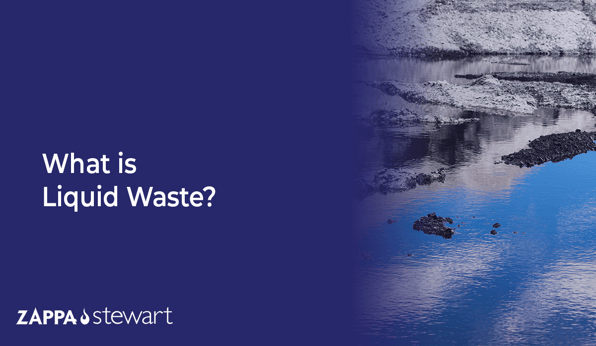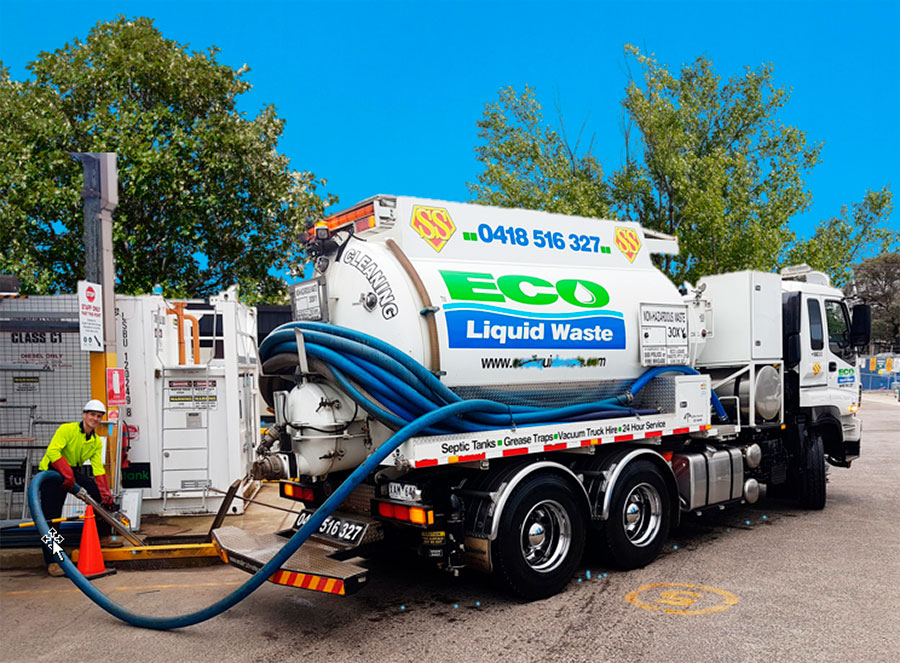Everything about Reclaim Waste
Table of ContentsGet This Report about Reclaim WasteReclaim Waste for DummiesExamine This Report on Reclaim WasteAn Unbiased View of Reclaim WasteAll About Reclaim Waste
Discover the types, incidents, and kinds of liquid waste. Domestic sewer waste describes the waste and items from a property sewage-disposal tank. This kind of waste is created by human beings in houses, colleges, and various other structures. This only includes sewage-disposal tanks that have a drainpipe field. The appropriate monitoring and disposal of domestic sewer waste need fluid waste to be transferred to a sewer treatment plant where the correct approaches and tools are applied to purify and throw away waste.
Industrial waste commonly includes potential threats, such as combustible materials or a blend of liquid and solid waste products, and requires an advanced and thorough disposal process. The disposal of business waste usually involves the filtration of waste prior to transport to make sure risk-free and proper disposal. Hazardous waste is created from by-products and drainage of commercial procedures and production.
This sort of waste can not make use of the exact same sewage administration transport or processes as septic or industrial fluids. The hazardous waste administration procedure requires the evaluation and testing of fluid waste before it undertakes the disposal process (liquid waste removal). Overflow waste is the fluid waste that originates from runoff and excess stormwater in highly inhabited areas or cities
Overflow waste can trigger contamination and flooding if not taken care of effectively. Discover more regarding drain cleaning and waste administration. Ensuring appropriate waste administration can stop catastrophes and reduce environmental injury. Both individuals in domestic setups and professionals in business or production markets can benefit from understanding the procedures and laws of liquid waste management.
An Unbiased View of Reclaim Waste
Get in touch with PROS Providers today to learn more about our waste administration and disposal solutions and the proper methods to look after the fluid waste you produce.
(https://fliphtml5.com/homepage/kekhp)This so-called 'wastewater' is not just an essential source yet, after treatment, will certainly be released to our land, rivers or the sea. Utilized water from commodes, showers, bathrooms, kitchen sinks, laundries and industrial procedures is recognized as wastewater.

water utilized to cool down equipment or tidy plant and devices). Stormwater, a form of wastewater, is drainage that streams from farming and city locations such as roofs, parks, gardens, roadways, courses and gutters into stormwater drains, after rain. Stormwater flows without treatment straight to regional creeks or rivers, ultimately getting to the sea.
Reclaim Waste Fundamentals Explained
In Queensland, most wastewater is dealt with at sewer therapy plants. Wastewater is carried from residential or commercial websites through a system of sewers and pump stations, recognized as sewage reticulation, my website to a sewer therapy plant. City governments develop, preserve and run most sewer therapy plants. Operators are accredited under the Environmental Protection Act 1994 to release cured wastewater at an acceptable environmental standard right into rivers.
The Division of Natural Resources advises regional governments regarding managing, operating and maintaining sewage systems and therapy plants. In unsewered locations, city governments may call for householders to set up private or home sewer therapy systems to treat domestic wastewater from commodes, cooking areas, restrooms and washings. The Division of Natural Resources authorises using household systems when they are verified to be efficient.
Many stormwater receives no treatment. In some brand-new subdivisions, therapy of some stormwater to get rid of clutter, sand and gravel has actually started making use of gross contaminant traps. Wastewater therapy occurs in four phases: Removes strong issue. Larger solids, such as plastics and other objects wrongly released to sewers, are removed when wastewater is passed via screens.
Wastewater then moves into huge storage tanks where solids resolve and are removed as sludge. Oil and scum are skimmed from the surface. Utilizes tiny living microorganisms knows as micro-organisms to break down and get rid of staying liquified wastes and great bits. Micro-organisms and wastes are included in the sludge. Eliminates nitrogen and phosphorus nutrients that can cause algal flowers in our rivers and threaten water life.
6 Easy Facts About Reclaim Waste Explained
Nutrient elimination is not available in any way sewer therapy plants because it calls for pricey specialized tools. It is coming to be more common in Queensland. Clear fluid effluent created after therapy might still include disease-causing micro-organisms. If this effluent is released into waterways such as rivers or the sea, the micro-organisms will ultimately die out.

This typically implies wastewater has to be treated or impurities removed before it can be discharged to waterways. The majority of wastewater moves into the sewage system. Under the Act, city governments provide approvals and licences for eco pertinent tasks (Ages) involving wastewater releases that might have a regional impact. The department carries out authorizations and licences to Periods entailing wastewater launches that might have a local or statewide impact.
The Of Reclaim Waste
Otherwise, samples are considered laboratory analysis. Often several examinations are needed to establish the degrees of each of the various pollutants such as oils, heavy metals and chemicals in water. Surveillance provides factual information regarding water quality and can verify that permit problems are being fulfilled. The information gotten through monitoring offers the basis for making water quality choices.